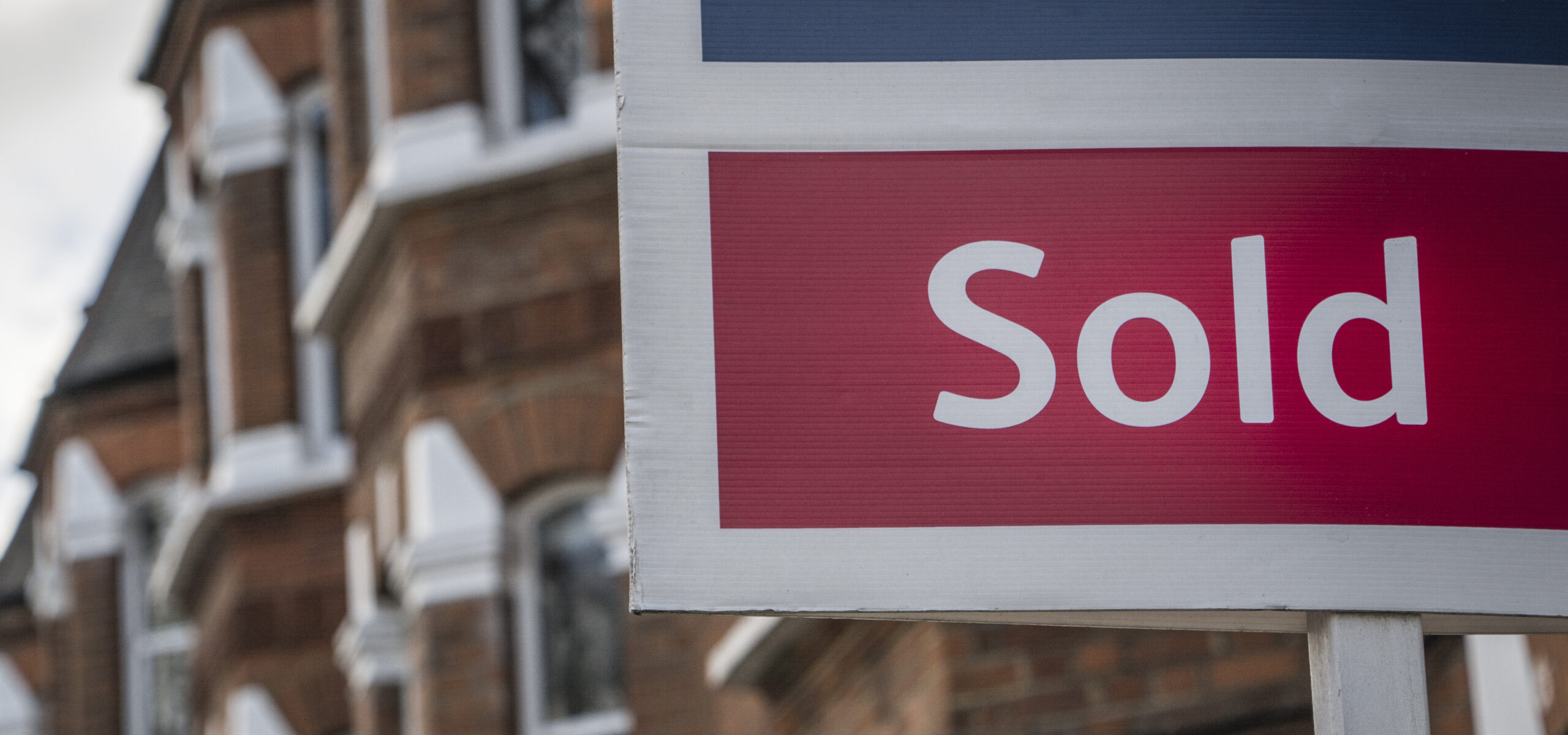The government has set out a range of proposals to overhaul the future of home ownership.
With around 4.3million leasehold homes in England alone, it is claimed the reforms will ‘transform home ownership for millions of people in England and Wales’.
Here, Eleanor Longworth, explains what they mean for homeowners, developers and investors.
What is leasehold?
In England and Wales, most people own their homes on either a freehold or leasehold basis.
If someone owns the freehold of their property they also own the land on which it stands, and they have significant control over their home.
Leasehold, however, means that you have a lease of your home for a certain period of time. You usually have to pay a rent and possibly other charges to your landlord. There may also be restrictions on what you can do at or with the property.
The Government has been under pressure to change the law for some time, with campaigners arguing that the current system is complicated and open to abuse.
What will the new proposals mean?
The Law Commission published three reports into enfranchisement rights, Right to Manage (RTM) and Commonhold. Each make more than a hundred recommendations, which focus on giving leaseholders more control over costs, making the rights available to more leaseholders, in more types of property, and simplifying the processes to protect leaseholders from falling into procedural traps.
Enfranchisement and Lease Extension
Key recommendations include:
- Proposing that leaseholders should be able to make a claim immediately, rather than having to wait two years, as the law currently stands
- Allowing leaseholders to acquire the freehold to multiple buildings at the same time, rather than on a block-by-block basis
- Eliminating or capping the leaseholder’s liability to pay a landlord’s costs incurred in connection with the exercise of the claims
- Enabling leaseholders to extend leases to houses or flats for a term of 990 years, as opposed to 90 or 50 years, to buy out their ground rent without extending the term, or to extend the term without reducing the ground rent.
Right to Manage and Commonhold
The Law Commission also suggests changes to the statutory RTM which enables leaseholders to take over management functions for a building, without needing to buy the freehold. Recommendations include:
- The RTM should apply to houses as well as flats
- To simplify the qualification criteria
- To allow any combination of buildings to progress an RTM claim through a single RTM company
- Changing the requirements for landlords to provide information, making it easier for leaseholders to inspect or obtain a copy of information they need to decide whether to claim the RTM.
The reforms also aim to make Commonhold the preferred alternative to residential leasehold ownership. Currently it is seen as awkward and some lenders are unwilling to offer mortgages.
The reforms are aimed at simplifying the procedure to make commonhold ‘not just a workable alternative to residential leasehold for all involved, but the preferred alternative’. For example, it is proposed that the requirement for unanimous agreement of leaseholders and others with particular interests in the building is removed, making it easier to convert from leasehold to commonhold.
What happens next?
The recommendations will now be considered by the Government and a decision will be made on whether to implement them.
It is important for both leaseholders, developers and ground rent investors alike to be aware of these changes and what they could mean. If implemented, they will have significant consequences and all must be aware of their new rights and responsibilities.
For further advice on this or other property litigation matters, call Eleanor Longworth on 0161 761 4611 or email her at eleanor.longworth@whnsolicitors.co.uk













